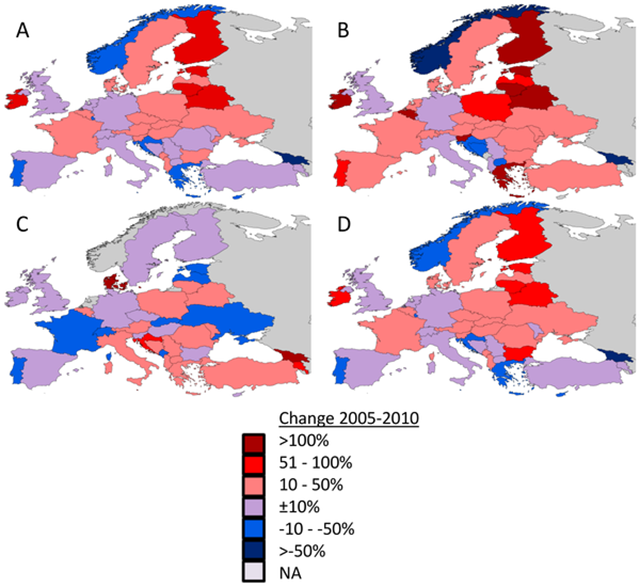UK faces food security catastrophe as honeybee numbers fall, scientists warn – Crop pollination via honeybees sinks to second lowest in Europe as study calls for greater protection of wild pollinators
By Damian Carrington
8 January 2014 (theguardian.com) – The UK faces a food security catastrophe because of its very low numbers of honeybee colonies, which provide an essential service in pollinating many crops, scientists warned on Wednesday. New research reveals that honeybees provide just a quarter of the pollination needed in the UK, the second lowest level among 41 European countries. Furthermore, the controversial rise of biofuels in Europe is driving up the need for pollination five times faster than the rise in honeybee numbers. The research suggests an increasing reliance on wild pollinators, such as bumblebees and hoverflies, whose diversity is in decline. “We face a catastrophe in future years unless we act now,” said Professor Simon Potts, at the University of Reading, who led the research. “Wild pollinators need greater protection. They are the unsung heroes of the countryside, providing a critical link in the food chain for humans and doing work for free that would otherwise cost British farmers £1.8bn to replace.” The study, published in the journal PLoS One, found that Europe has 13 million less managed honeybee colonies than would be needed to properly pollinate all its crops, equivalent to 7 billion individual bees. Across the continent, honeybees provided just two-thirds of the pollination but the situation in the UK was particularly stark, with only Moldova having a bigger bee deficit. Many major agricultural nations, including France, Italy and Germany, had too few honeybees to provide all the pollination services. Potts warned that an increasing reliance on wild pollinators was particularly dangerous given that their health is not being monitored and that too little is being done to protect them. “We need a proper strategy across Europe to conserve wild bees and pollinators through habitat protection, agricultural policy and farming methods, or we risk big financial losses to the farming sector and a potential food security crisis,” he said. [more]
UK faces food security catastrophe as honeybee numbers fall, scientists warn
ABSTRACT: Declines in insect pollinators across Europe have raised concerns about the supply of pollination services to agriculture. Simultaneously, EU agricultural and biofuel policies have encouraged substantial growth in the cultivated area of insect pollinated crops across the continent. Using data from 41 European countries, this study demonstrates that the recommended number of honeybees required to provide crop pollination across Europe has risen 4.9 times as fast as honeybee stocks between 2005 and 2010. Consequently, honeybee stocks were insufficient to supply >90% of demands in 22 countries studied. These findings raise concerns about the capacity of many countries to cope with major losses of wild pollinators and highlight numerous critical gaps in current understanding of pollination service supplies and demands, pointing to a pressing need for further research into this issue.
Agricultural Policies Exacerbate Honeybee Pollination Service Supply-Demand Mismatches Across Europe
